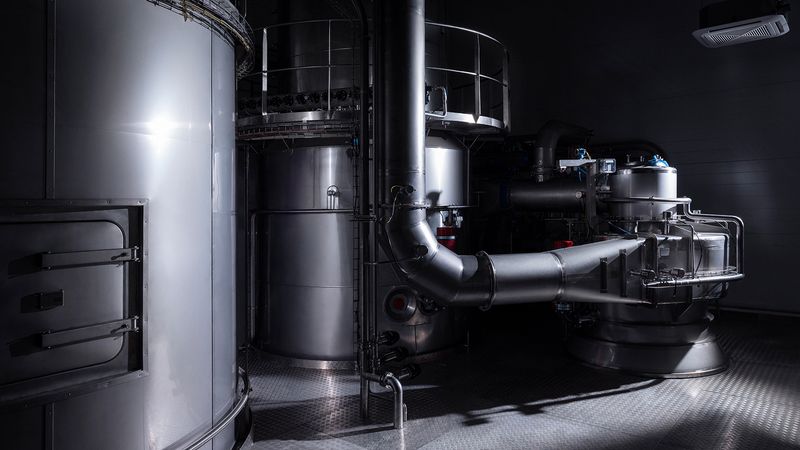

Chinese Academy of Sciences researchers look to coal to create low-cost alternative animal feed
Scientists in China have made a breakthrough in producing protein from coal-derived methanol, offering a low-cost alternative for animal feed. This method comes in response to the growing global population's demands for more food and protein for animal feed.
China, a major player in pig and aquaculture production, heavily relies on imported soybeans for animal feed, with over 80% dependency on imports. In this scenario, the conversion of coal-derived methanol to protein can be game-changing.
Finding enough protein for animal feed isn't easy. Traditional methods utilizing by-products from food and agricultural industries face certain limitations. Sometimes these by-products already have established uses, and their variable supply and quality make industrial production challenging. Therefore, developing fast, efficient methods of producing high-quality proteins is very important.
An alternative approach involves industrial fermentation using methanol, which can be cheaply derived from coal, as raw materials. Researchers from the Tianjin Institute of Industrial Biotechnology at the Chinese Academy of Sciences (CAS), led by Professor Wu Xin, have been working on this.
"Coal, with a global reserve of about 1.07 trillion tons, can be converted into methanol through coal gasification," Wu wrote in a paper published in the journal China Science Bulletin.
Wu explained, "Methanol mixes well with water, offering high efficiency in fermentation processes compared to gaseous substrates and eliminating the need for specialized fermentation equipment."
His team has come up with a way to make protein that's cheaper than the usual methods. They use a yeast called Pichia pastoris (P. pastoris) that feeds on methanol.
But here's the catch: methanol is tricky—it's toxic and doesn't fully get used up. About 20% of it just turns into carbon dioxide and water instead of becoming protein, which makes the process less efficient and more expensive.
To fix the issue, the team collected 20,000 yeast samples from different places in China. They singled out strains that were really good at using different sugars and alcohols as their main fuel.
Then, they manipulated the genes of a regular P. pastoris yeast. This genetic tweaking resulted in a newly engineered yeast variant with significantly enhanced abilities to handle methanol and function more efficiently.
The methanol-to-protein conversion efficiency reached 92% of the theoretical value, as per the researchers. This high conversion rate makes this protein production method really appealing from an economic standpoint. It doesn't need farmland, works year-round, and is way more efficient than how we usually make protein.
"Moreover, the protein content in the microorganisms ranges from 40-85%, significantly higher than in natural plants," said Wu.
These microbial proteins are also packed with essential amino acids, vitamins, inorganic salts, and carbohydrates, making them strong contenders to replace standard protein sources such as fishmeal, soybeans, and meat.
The researchers have begun industrial-scale demonstrations, producing thousands of tons of protein in a factory. The specific partner involved was not disclosed.
There are currently only a few products on the market.
A US company KnipBio has used modified strains to produce KnipBio Meal, a high-quality feed protein comparable to fishmeal, from methanol.
This product has received safety approval from the US Food and Drug Administration.
If you have any questions or would like to get in touch with us, please email info@futureofproteinproduction.com






